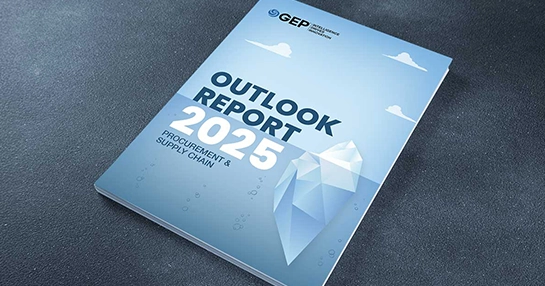What is Sustainability Reporting?
Sustainability reporting is a form of non-financial reporting that enables companies to convey their progress toward goals on a variety of sustainability parameters, including environmental, social and governance metrics, as well as risks and impacts they may face, at the moment or in the future. The primary objective of sustainability reporting is to drive concrete actions toward efforts. Sustainability reporting helps companies communicate both positive and negative impacts of their actions on the environment, society as well as economy, and accordingly set priorities.
To provide complete transparency in communicating the progress and efforts in sustainability, the reporting format could include photographs, numbers, charts, infographics, etc.
In the long term, sustainability reporting helps companies assess risks and opportunities and helps them drive green operations, align with CSR goals and increase cost saving opportunities.
What Should a Sustainability Report Contain?
Sustainability reporting has no set format, but broadly involves disclosure of a company’s environmental, social, and governance (ESG) goals and communicating the company’s progress and efforts to reach those goals. Along with ESG initiatives, sustainability reporting includes financial elements. Sustainability reporting provides stakeholders, such as investors, valuable information about a company’s performance beyond just traditional financial measures.
What is the Purpose of Sustainability Reporting?
Sustainability reporting is valuable not only because it enables a business to identify risks and opportunities that may impact its long-term performance, but also because it can help improve transparency and enhance brand image. By reporting on sustainability, companies can mitigate impacts from potential ESG risks, reduce waste and thereby increase cost savings, ensure they are in compliance with regulatory requirements and make more effective strategic decisions.
What are the Requirements for a Sustainability Report?
A company’s sustainability report must demonstrate it is in compliance with any applicable mandatory reporting regulations – for instance, the EU requires certain large companies to disclose information on environmental and social matters, while the UK requires companies to disclose annual greenhouse gas emissions. In addition to regulatory compliance, sustainability reports should be aligned with a trusted set of standards, such as GRI or SASB to ensure that data are complete and consistent and to avoid greenwashing.
What are the Types of Sustainability Reporting?
Several different types of sustainability reporting standards exist. Some of the more widely used frameworks for reporting on sustainability and ESG impacts include the Global Reporting Initiative (GRI), Sustainability Accounting Standards Board (SASB), Task Force on Climate-related Financial Disclosures (TCFD) and Carbon Disclosure Project (CDP).
Continue to read more about supply chain sustainability.
Stay Ahead With Fresh Thinking and Insights
Explore the latest trends, technologies, and strategies in procurement and supply chain management. Dive into insight-packed white papers, research reports, case studies, and webcasts to stay informed and lead the way.

GEP Outlook 2025: Procurement & Supply Chain Key Trends, Challenges and Opportunities

World's Leading, Unified Source-to-Pay Platform for Direct and Indirect Spend Management
GEP SMART is an AI-powered, cloud-native source-to-pay platform for direct and indirect procurement. GEP SMART offers comprehensive source-to-pay functionality in one user-friendly platform, inclusive of spend analysis, sourcing, contract management, supplier management, procure-to-pay, savings project management and savings tracking, invoicing and other related functionalities.

Next-Gen, End-to-End Supply Chain Management Platform for the Connected Enterprise
GEP NEXXE is a unified and comprehensive supply chain platform that provides end-to-end planning, visibility, execution and collaboration capabilities for today’s complex, global supply chains. Built on a foundation of data, artificial intelligence and cognitive technologies, GEP NEXXE helps enterprises digitally transform their supply chains and turn them into a competitive advantage.




